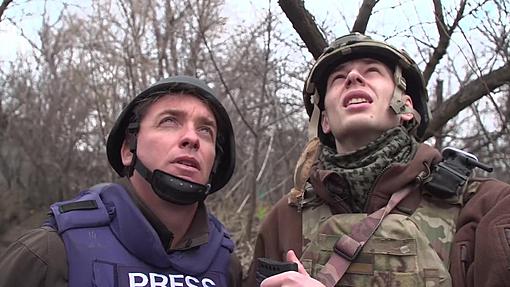After 20 years in the country, US and British forces are leaving Afghanistan. This month, President Biden announced that the remaining 2,500-3,500 U.S. soldiers and women would be depleted by Sept. 11, so the UK did the same, withdrawing the remaining 750.The crucial day has been 20 years since the al-Qaida attacked America's 9/11 planned and directed from Afghanistan that brought with it a US-led coalition that stripped the Taliban from power; and Temporarily expel al-Qaeda
The cost of ติดตั้งสล็อต xo military combat and security over 20 years has been high in life, subsistence and money. More than 2,300 female and female soldiers have died and more than 20,000 injured, along with more than 450 Britons and hundreds of other nationalities.But the Afghani suffered heavy damage, with more than 60,000 members of the security forces killed and nearly twice as many civilians.The estimated financial costs for US taxpayers are close to $ 1 trillion.
So the awkward question to ask is, is it worth it or not?The answer depends also on what you measure.Let's step back for a moment and consider why the Western forces first entered and what they were meant to do. For five years from 1996-2001, a named al-Qaeda transnational terrorist group was able to establish itself in Afghanistan, led by charismatic leader Osama Bin Laden, setting up a terrorist training camp, including an experiment. Toxic gas in dogs and recruited and trained approximately 20,000 jihad volunteers from around the world.It also directed a 1998 attack on twins in the U.S.
embassies in Kenya and Tanzania, killing 224 people, mostly civilians. Africa l-Qaeda was able to operate without penalty in Afghanistan due to the protection of the government at that time, the Taliban, which seized power over the country in 1996 after the Soviet Red Army's withdrawal. And the devastating civil war in the years to come.The United States, through its Saudi coalition, tries to persuade the Taliban to expel al-Qaeda. But they refused After the 9/11 attacks in September 2001, the international community asked the Taliban to hand over those responsible. But again, the Taliban refused.
Thus, in the following month, Afghan anti-Taliban forces known as the Northern Alliance entered Kabul, with support from US and British forces expelling groups. The Taliban left power and sent al Qaeda to flee across the border into Pakistan.A senior security source this week told the BBC that since then there has not been a single successful attack on international terrorists from Afghanistan. Hence, the implementation of a purely international counterterrorism measure, military presence and Western security have been objective success.
But, of course, it would be an entirely too easy measure, ignoring the massive and still plagued Afghans, civilians and soldiers. Twenty years ago, the country remained restless. According to the Action on Armed Violence research group 2020, more Afghans die from explosives than in any other country in the world.Al Qaeda, Islamic State (IS) and other militants have not disappeared. They resurrected and were undoubtedly supported by the departure of the remaining Western forces.
Back in 2003, in a 'burial' at a remote fire base in the province of Pacica with the US Army's 10th Mountain Division, I remember the BBC's veteran colleague Phil Goodwin. "In 20 years," he said, "the Taliban will regain control of much of the South." Haa and military advances in the ground, they are poised to play a big part in the future of the entire country.But Britain's chief defense officer General Sir Nick Carter, who served several tours there, pointed out that. “The international community has created a civil society that converts the calculus of what the Taliban needs of legitimacy.




 LinkBack URL
LinkBack URL About LinkBacks
About LinkBacks

 Reply With Quote
Reply With Quote








